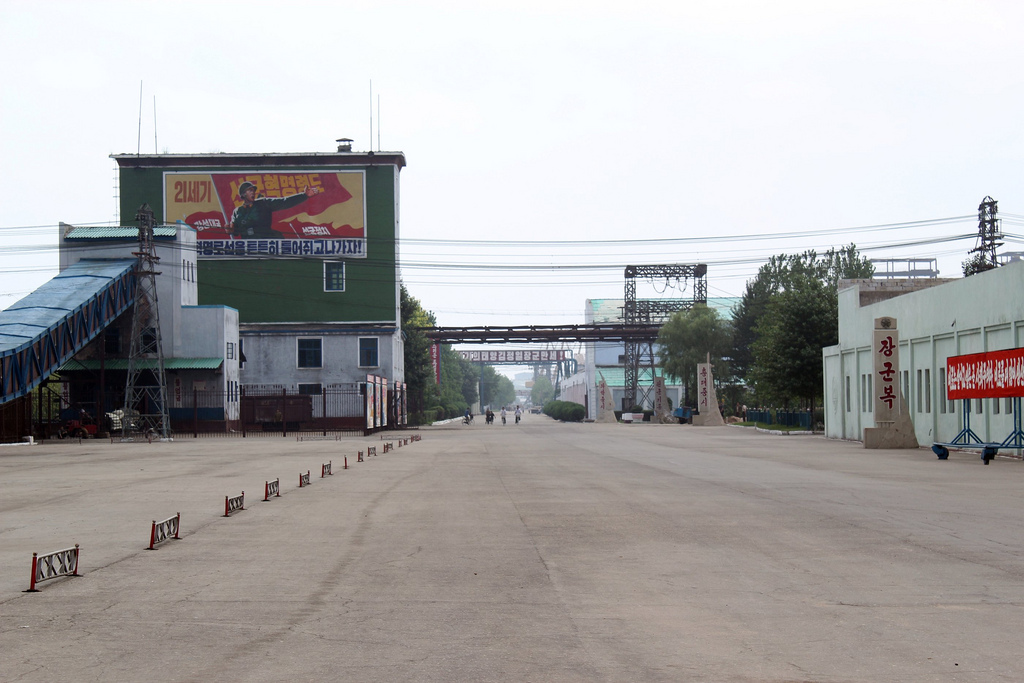

In the mid-1990s, North Korea experienced a famine that by some estimates wiped out 10 percent of the population. Though many at the time thought the regime would collapse, it has maintained control on power while at times allowing markets to spring up to supplement the state economy. At various points these openings have led to speculation that North Korea could engage in Chinese style economic reforms.With Kim Jong-un now calling for his...
With Kim Jong-un now calling for his regime to pursue both guns and butter, it has again raised speculation that North Korea could engage in economic reforms. While it is still unclear if this is indeed the case, Korean Kontext sat down with Rüdiger Frank, Professor at the University of Vienna, to discuss the challenges North Korea would face if it pursued economic reform , how regional leadership changes could impact Pyoungyang’s calculations, and the prospects for the new South Korean administration’s policy of Trustpolitik.
Comments (3)
More Episodes
All Episodes>>Creat Yourt Podcast In Minutes
- Full-featured podcast site
- Unlimited storage and bandwidth
- Comprehensive podcast stats
- Distribute to Apple Podcasts, Spotify, and more
- Make money with your podcast
It is Free


